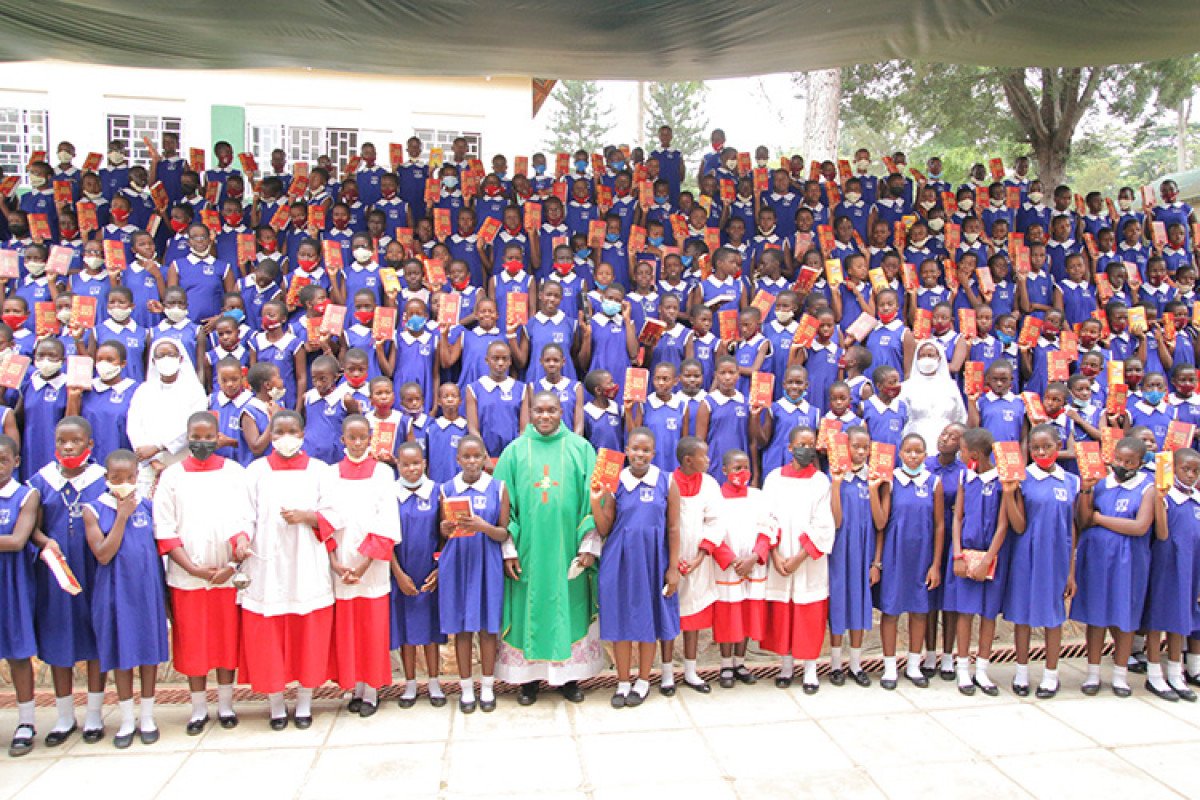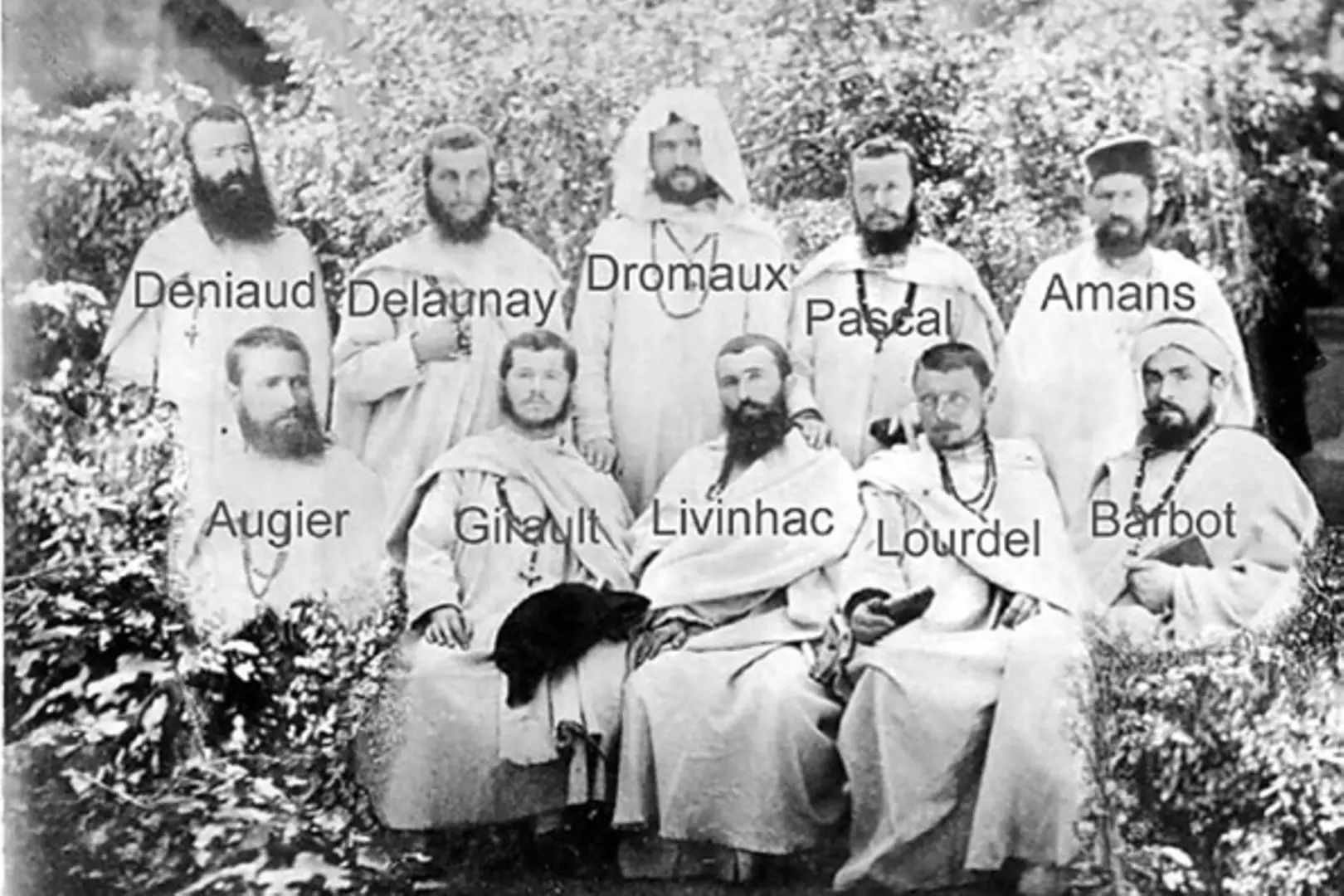Christian Missionary Schools in Uganda

Christian missionary schools have played a pivotal role in shaping Uganda’s education system, leaving an indelible mark that continues to influence today’s educational landscape. The arrival of Christian missionaries in the late 19th century marked the beginning of formal education in Uganda, a region that previously relied on traditional forms of education, such as apprenticeship and oral storytelling.
The first missionaries to arrive in Uganda were the Church Missionary Society members in 1877, followed by the Roman Catholic White Fathers in 1879. Their primary mission was to spread Christianity, but they quickly realized that education was crucial for achieving their goals. As a result, they established the first formal schools, teaching basic literacy and numeracy alongside Christian doctrine.
These early mission schools taught reading, writing, and arithmetic, as well as vocational skills, such as carpentry and agriculture. Importantly, they also promoted values such as discipline, hard work, and moral integrity. The curriculum was heavily influenced by Christian teachings, with Bible studies being a central component.
The impact of these mission schools was profound. They not only provided educational opportunities but also served as centers for cultural exchange and social development. Many of Uganda’s early leaders, including political figures and intellectuals, were products of these mission schools. They played a crucial role in the struggle for independence and the development of the nation.
Visiting Christian Missionary Schools and Institutions
Today, Uganda’s historical mission schools and institutions stand as enduring symbols of the country’s educational heritage. Visiting these sites offers a unique glimpse into the past and highlights the significant contributions of Christian missionaries to Uganda’s educational system.
One of the most notable mission schools is King’s College Budo, established by the Church Missionary Society in 1906. Situated on the outskirts of Kampala, this prestigious institution has educated many of Uganda’s elite, including prominent politicians, business leaders, and academics. The school’s architecture, historical artifacts, and preserved documents provide visitors with a tangible connection to Uganda’s colonial and post-colonial history.
Another important institution is Namilyango College, founded in 1902 by the Mill Hill Missionaries. Located in Mukono District, it is one of the oldest secondary schools in Uganda. The college’s historical chapel, library, and classrooms offer insights into the early days of mission education and the enduring legacy of the Mill Hill Fathers.
The Rubaga Cathedral, also known as St. Mary’s Cathedral, is another significant site. Built by the White Fathers and consecrated in 1925, it stands as a monument to the Catholic Church’s influence on Uganda’s education and culture. The cathedral complex includes a museum that showcases the history of Catholic education and missionary activities in Uganda.
Guided Tours in Christian Missionary Schools
Guided tours of these historical mission schools and institutions provide an enriching educational experience. These tours often include visits to classrooms, libraries, chapels, and other significant sites, accompanied by detailed explanations of their historical significance. Knowledgeable guides, often with backgrounds in history or education, offer in-depth insights into the contributions of Christian missionaries to Uganda’s educational system.
At King’s College Budo, for instance, visitors can explore the school’s museum, which houses a collection of artifacts, photographs, and documents that chronicle the institution’s history. The tour also includes a visit to the school’s chapel, a beautiful example of early 20th-century architecture, where students have worshipped for over a century.
Similarly, at Namilyango College, guided tours highlight the school’s rich heritage, including its role in shaping Uganda’s leadership. Visitors can walk through the historic buildings, visit the library that contains rare books and manuscripts, and learn about the college’s alumni who have made significant contributions to Uganda and beyond.
Rubaga Cathedral offers a different kind of educational experience. Guided tours here focus not only on the architectural beauty of the cathedral but also on the history of the White Fathers and their missionary work. The adjacent museum provides a comprehensive overview of the Catholic Church’s role in education, healthcare, and social development in Uganda.
Contributions of Christian Missionary Schools to Modern Uganda
The contributions of Christian education to modern Uganda are multifaceted and profound. Christian missionaries laid the foundation for Uganda’s formal education system, and their legacy continues to shape the country’s educational policies and practices.
One of the most significant contributions is the emphasis on holistic education. Mission schools were among the first to promote the idea that education should address not only intellectual development but also moral and spiritual growth. This holistic approach is evident in many of Uganda’s leading schools today, which continue to prioritize character education alongside academic achievement.
Christian education has also played a crucial role in promoting gender equality in Uganda. Mission schools were among the first to offer education to girls, challenging traditional gender roles and paving the way for greater female participation in education and the workforce. Today, Uganda boasts a higher female enrollment in primary and secondary schools compared to many other African countries, a testament to the enduring impact of missionary efforts.
Furthermore, Christian institutions have been instrumental in providing education to marginalized and disadvantaged communities. Many mission schools were established in remote areas, offering educational opportunities to children who would otherwise have had limited access. This commitment to inclusivity and social justice remains a core value of many Christian schools and organizations in Uganda today.
In the realm of higher education, Christian universities and colleges have made significant contributions to Uganda’s academic landscape. Institutions such as Uganda Christian University (UCU) and the Catholic-founded Uganda Martyrs University (UMU) are renowned for their academic excellence and commitment to ethical leadership. These universities offer a wide range of programs and have produced graduates who are making meaningful contributions to various sectors of Ugandan society.
Additionally, Christian education has fostered a strong sense of community and service. Many mission schools emphasize the importance of serving others and giving back to society. This ethos is reflected in the numerous community service projects and outreach programs initiated by students and alumni of these institutions. Whether through healthcare, education, or social work, the spirit of service instilled by Christian education continues to benefit Ugandan communities.
Conclusion
The influence of Christianity on Uganda’s education system is profound and far-reaching. From the pioneering efforts of early missionaries to the continued contributions of Christian institutions, the impact of Christian education is evident in the country’s schools, universities, and communities. Historical mission schools and institutions serve as enduring symbols of this legacy, offering valuable educational experiences for visitors and locals alike.
Christian education has not only shaped Uganda’s intellectual and moral landscape but has also played a vital role in promoting gender equality, inclusivity, and community service. As Uganda continues to develop and modernize its education system, the foundational values and principles established by Christian missionaries will undoubtedly remain integral to the nation’s educational journey.
Some of our religious packages
2 Days Uganda Martyrs Trail Namugongo Catholic Shrine Tour
3 Days smallest church itinerary in Uganda
3 Days Journey to Namugongo shrine
4 Days Uganda Spiritual Journey
5 Days Uganda Martyrs Pilgrimage
6 Days Spiritual Pilgrimage Uganda
7 Days Uganda Martyrs Pilgrimage Tour





Leave a Reply